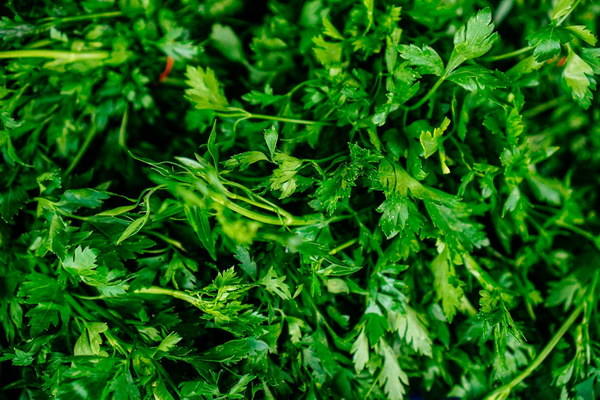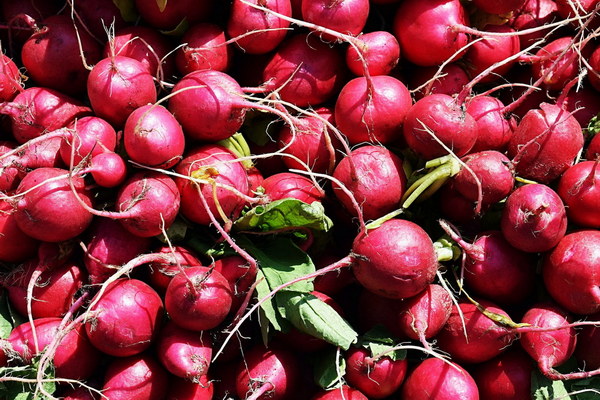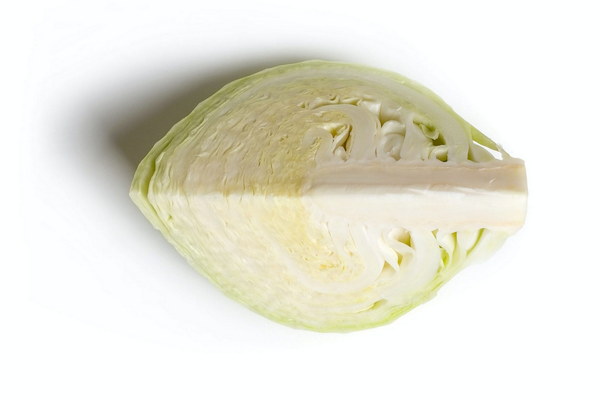Exploring the Hepatoprotective Mechanisms of Lingzhi A Comprehensive Analysis of Its Liver-Saving Benefits
Introduction:
The liver plays a crucial role in maintaining overall health and well-being. It is responsible for detoxifying harmful substances, synthesizing proteins, and metabolizing nutrients. However, due to various factors such as lifestyle choices, environmental pollution, and medical conditions, the liver can become compromised. One natural remedy gaining popularity for its liver-protective properties is Lingzhi (Ganoderma lucidum), a medicinal mushroom. This article aims to delve into the reasons behind Lingzhi's hepatoprotective effects, providing a comprehensive analysis of its liver-saving benefits.
1. Antioxidant Activity:

Lingzhi is rich in antioxidants, which are compounds that neutralize harmful free radicals in the body. Free radicals are unstable molecules that can cause cellular damage, leading to oxidative stress. By scavenging free radicals, Lingzhi helps protect liver cells from oxidative damage, thereby promoting liver health.
2. Anti-inflammatory Properties:
Inflammation is a common response of the body to injury or infection. Chronic inflammation can lead to liver diseases such as hepatitis and cirrhosis. Lingzhi possesses anti-inflammatory properties, which can help reduce liver inflammation and its associated complications.
3. Immune Modulation:
A healthy immune system is essential for maintaining liver health. Lingzhi has been found to modulate the immune system, enhancing its function while preventing excessive immune responses. By doing so, Lingzhi helps protect the liver from immune-mediated diseases and infections.
4. Hepatoprotective Compounds:
Lingzhi contains various bioactive compounds that contribute to its liver-protective effects. Ganoderic acids, triterpenoids, and polysaccharides are among the key components responsible for the mushroom's hepatoprotective properties. These compounds have been shown to reduce liver damage, promote liver regeneration, and improve liver function.
5. Metabolic Regulation:
Lingzhi has the potential to regulate metabolic processes, including the metabolism of lipids and sugars. This regulation can help prevent the accumulation of fats in the liver, which is a hallmark of non-alcoholic fatty liver disease (NAFLD). By promoting healthy metabolism, Lingzhi can contribute to the prevention and treatment of liver diseases.
6. Detoxification:
The liver's primary function is to detoxify harmful substances, including alcohol, drugs, and environmental toxins. Lingzhi can enhance the liver's detoxification process, thereby reducing the risk of liver damage and disease.
7. Anticancer Effects:
Liver cancer is a significant health concern worldwide. Lingzhi has been found to possess anticancer properties, which can help prevent liver cancer development and progression. By inhibiting the growth of cancer cells and promoting apoptosis, Lingzhi can contribute to liver cancer prevention and treatment.
Conclusion:
In conclusion, Lingzhi (Ganoderma lucidum) offers a wide range of hepatoprotective benefits due to its antioxidant, anti-inflammatory, immune-modulatory, and detoxifying properties. The presence of bioactive compounds, such as ganoderic acids, triterpenoids, and polysaccharides, further enhances its liver-saving effects. As research continues to explore the potential of Lingzhi in liver health, it is evident that this natural remedy holds great promise for the prevention and treatment of liver diseases.









